
Vegetables can help in giving hedgehogs a varied diet, providing an important way to provide additional nutrients. We looked at introducing vegetables into our hedgehogs diet.
What vegetables can hedgehogs eat? Hedgehogs can eat vegetables like broccoli, cucumber, lettuce, leafy greens, asparagus, pumpkin, bell peppers to even carrots, with many vegetables requiring cooking to make them easier for hedgehogs to eat and to stop any choking risk from hard vegetable pieces.
Any vegetable should be verified by a vet as being suitable and we have only introduced different vegetables after having a conversation with our local vet. Here is a list of 16 vegetables reviewed for hedgehogs:
1. Carrots
Can hedgehogs eat carrots? Hedgehogs can eat carrots but care must be taken in how they are served. Raw carrots are hard for hedgehogs to break down and chew, leading to possible choking. Hedgehogs should be given cooked carrots, without any oils or butter, which are cut into very small pieces.
We would steam the carrots and once they had cooled down, we would give them to our hedgehog. Making sure the pieces were soft and very small, so as to avoid any risk of choking.

We would give him carrots when he was up in the early evening, mainly because we like to see him eat as reassurance that he’s eating safely and we’re at hand if there are any problems.
We’ve stopped feeding our hedgehog carrots, as there is a school of thought of carrots not being good for hedgehogs as they may cause indigestion due to their starchiness. We didn’t have any issues but to play it safe, we thought it would be appropriate to cut carrots out of this diet.
There was also a question of whether the vitamin A in carrots could build up in our hedgehog’s system and become toxic but by stopping feeding him carrots this has become one less thing to worry about.
2. Courgettes
Can hedgehogs eat Courgettes? Hedgehogs can eat courgettes but care must be taken in how they are served. Raw courgettes are difficult for hedgehogs to chew and break into smaller pieces, potentially causing choking. Hedgehogs need to be given plain cooked courgettes that are cut into very tiny pieces.
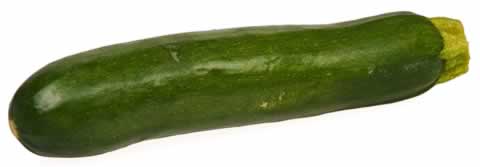
Any cooked courgettes would need to be cooled down first before serving, ideally be at room temperature.
3. Peppers
Can hedgehogs eat Peppers? Hedgehogs can eat peppers but care must be taken in how they are served. Peppers can be difficult for hedgehogs to chew and break into smaller pieces, thereby becoming a choking hazard. Hedgehogs need to be given tiny manageable pieces of peppers to eat to make sure they don’t choke.
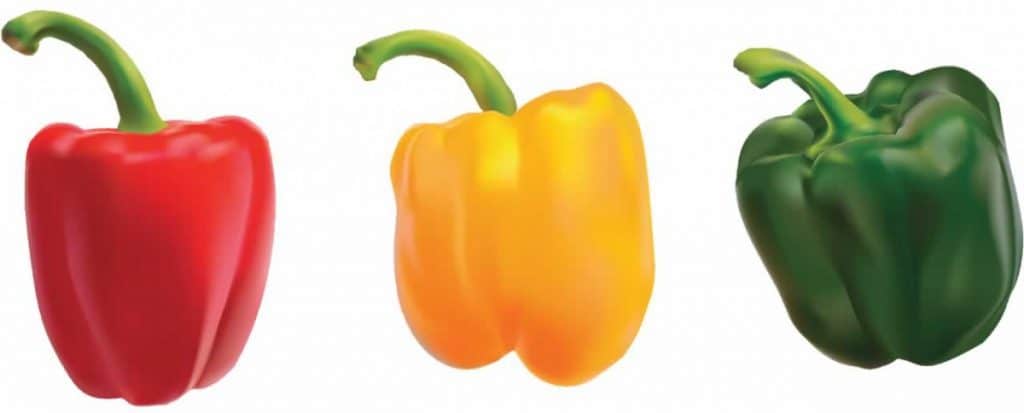
The sweetness of peppers if off-putting as this could mean sugars and regularly eating foods with sugars does have its consequences in obesity and diabetes.
4. Leafy Greens
Can hedgehogs eat Leafy Greens? Leafy greens can be eaten by hedgehogs and varieties such as spinach, kale, lettuce, cabbage and watercress are known provide some excellent nutrients. Leafy greens need to be washed thoroughly before serving as they could contain bugs and pesticide residue.
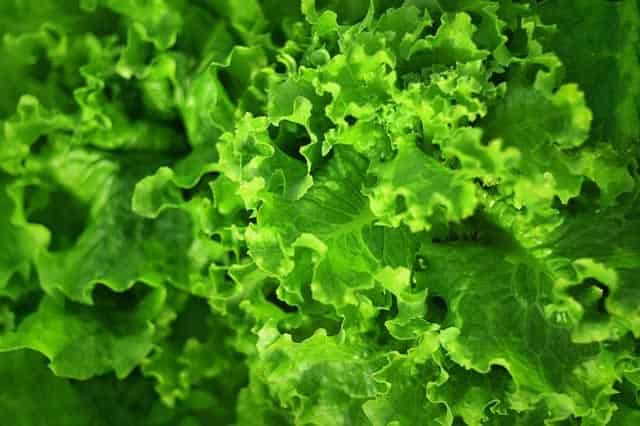
Many blogs and forums about hedgehogs talk about the following leafy greens being suitable:
- Arugula;
- Swiss Chard;
- Bok Choi;
- Dandelions (not wild from a garden);
- Collard Greens;
- Micro Greens;
- Kale; and
- Spinach.
As with any vegetable, it’s essential you wash them first, to remove anything dangerous to hedgehogs including parasites, pesticides and other toxins.
It’s important to understand the vitamins and nutrients may be good for hedgehogs but too much of the leafy greens can lead to bone issues as the oxalates produced can combine with calcium and stop calcium from being deposited in the bone and instead of being excreted out of the hedgehog.
We have occasionally given our hedgehog cooked spinach but with its high concentration of Vitamin A and iron, we do limit this to very few occasions a year.
5. Broccoli
Can hedgehogs eat Broccoli? Broccoli can be eaten by hedgehogs in moderation, as long as the broccoli is cooked without any oils or seasoning, steaming offers the best option. Broccoli pieces need to be cut into vert small pieces to make it easier for hedgehogs to eat and avoid any choking risks.
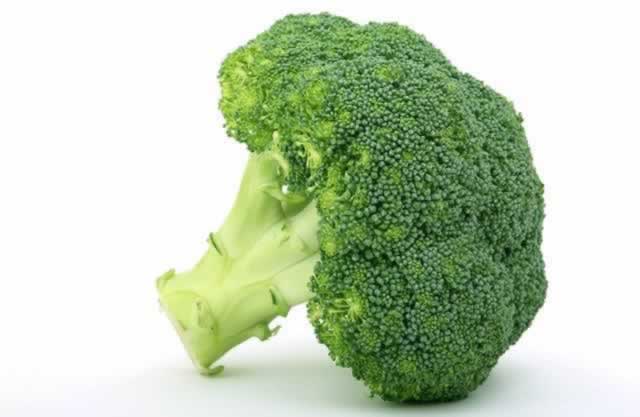
It’s vital too to make sure the broccoli is diced into smaller digestible pieces to avoid any choking hazard.
6. Cucumber
Can hedgehogs eat Cucumber? Cucumber can be eaten by hedgehogs and makes an excellent food source as cucumber provides nutrients and hydrates due to its high water content. The cucumber skin can be peeled and the cucumber cut into smaller pieces and served without oils or seasoning, to ensure safe feeding.
We haven’t fed our hedgehog cucumber but the general consensus is cucumbers are a safe food.
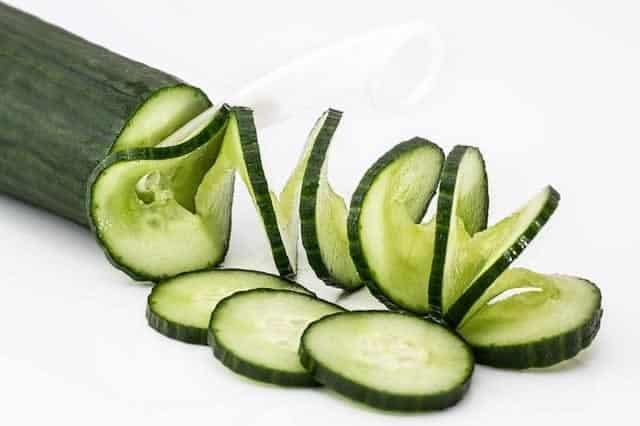
Most of a cucumbers content is water so as long as the cucumbers aren’t seasoned they should be fine for hedgehogs in moderation.
7. Kale
Can hedgehogs eat Kale? Kale can be eaten by hedgehogs but care is needed not only in its preparation but also how it’s sourced. Using fresh Kale leaves and making sure they are washed thoroughly before steaming them, will ensure any parasites, insects and pesticide residue has been removed.
Kale contains oxalates which can combine with calcium to reduce calcium uptake in the hedgehog’s body, leading to the vital calcium for bones being expelled out in their urine and poop.
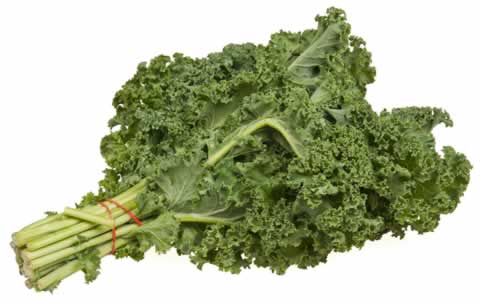
Regular feeding of Kale could also increase Vitamin A and iron residue in the hedgehog’s body leading to health issues so it’s best to give in moderation on rare occasions.
8. Zucchini
Can hedgehogs eat Zucchini? Hedgehogs can eat zucchini but care must be taken in how they are served. Raw zucchini is difficult for hedgehogs to chew and break into smaller pieces, potentially causing choking. Hedgehogs need to be given plain cooked zucchini that are cut into very tiny pieces.
We haven’t given any zucchini (courgettes) to our hedgehog but many owners on forums have stated they do. If you are going to give your hedgehog zucchini, make sure it’s been cooked without any oils, butter or seasoning, to make it easier to digest.
Any cooked zucchini would need to be cooled down first before serving, ideally be at room temperature.
9. Green Beans
Can hedgehogs eat Green Beans? Hedgehogs can eat green beans as long as they are served correctly. Raw green beans are going to be difficult for hedgehogs to chew and break down into smaller pieces, this could be a choking hazard. Hedgehogs need to be given plain cooked green beans served as very tiny pieces.
We haven’t given our hedgehog green beans but many owners on forums have stated they do. If you are going to give your hedgehog green beans, make sure they have been cooked without seasoning, oils or butter, to make them easier to digest.
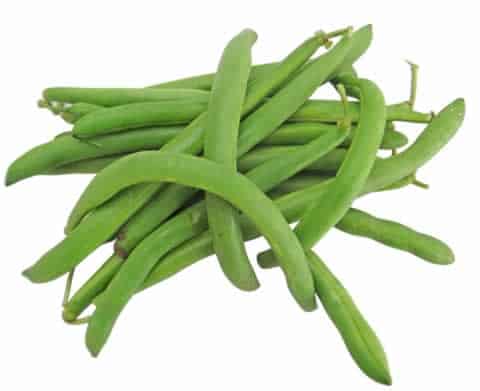
Any cooked green beans would need to be cooled down first before serving, ideally be at room temperature.
10. Squash
Can hedgehogs eat Butternut Squash? Hedgehogs can eat butternut squash in moderation safely, as long as the butternut squash is cooked without any oils, seasoning or any butter. Steaming, boiling or roasting is recommended to make sure the butternut squash is softened to make it easier for hedgehogs to eat and digest.
We haven’t given our hedgehog butternut squash but generally, it’s assumed this is a safe food in moderation.
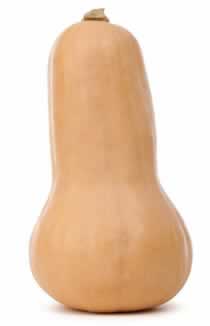
11. Spinach
Can hedgehogs eat Spinach? Spinach can be eaten by hedgehogs in moderation either without cooking or by cooking without any oils, seasoning or butter, making sure the spinach has cooled down before serving. Fresh and frozen spinach is preferred over tinned spinach as tinned spinach can have too much salt added.
We only source fresh spinach leaves and avoid any of the tinned or frozen spinach.
The latter frozen spinach is probably fresher as it’s been frozen as soon as it’s been cultivated but having to defrost it so it can be washed or cooked from frozen then washed is more effort than it’s worth.
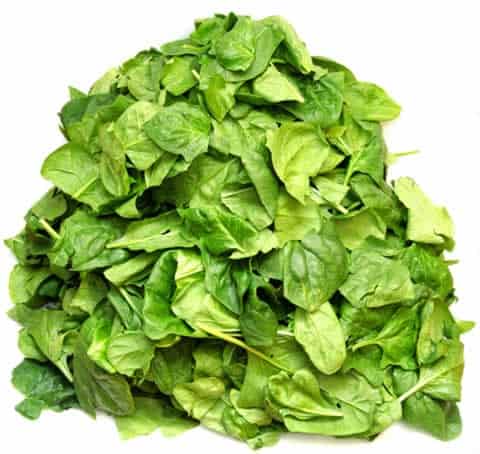
The washing is vital for any spinach to make sure there are no nasties lurking between the leaves like mites or other parasites.
When we do give our hedgehog fresh spinach that’s been cooked, cooled and cut down into smaller pieces, we make sure it’s served without any additional seasoning, oils or butter.
Spinach not only contains vitamins and iron but also oxalates which can combine with calcium to reduce calcium uptake in the hedgehog’s body, leading to the vital calcium for bones being expelled out in their urine and poop.
12. Lettuce
Can hedgehogs eat Lettuce? Lettuce can be eaten by hedgehogs as long as it’s the Romaine variety. It’s widely believed the Iceberg (crisphead) lettuce variety is a poor choice due to its higher water content, resulting in lower nutritional value. Romaine lettuce provides hedgehogs with essential nutrients and vitamins.
Romaine lettuce is something we are considering introducing to our hedgehog.
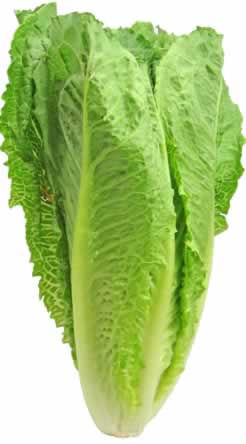
Like with any lettuce, it’s vitally important to wash it first thoroughly to get rid of any insects, pesticide residues and any other nasties.
13. Cabbage
Can hedgehogs eat Cabbage? Cabbage can be eaten by hedgehogs and is recommended by many hedgehog owners as a safe food. It can be cooked without any oils, seasoning or butter making it safer to hedgehogs to eat. Raw cabbage is not recommended for hedgehogs as it can be difficult to chew and cause a choking hazard.
We haven’t fed our hedgehog any cooked cabbage but if we did, we would wash it thoroughly then grate it into smaller pieces before steaming and giving to our hedgehog.
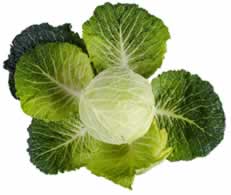
14. Swedes
Can hedgehogs eat Swedes? Swedes can be eaten by hedgehogs and provide a high source of vitamin C. Swedes can be grated then steamed to provide an occasional snack for hedgehogs or mashed to provide an easy to eat a snack but should only be given in moderation to supplement the hedgehogs diet.
We haven’t given our hedgehog swedes but other owners we’ve met have confessed to giving this to their hedgehogs without any problems.
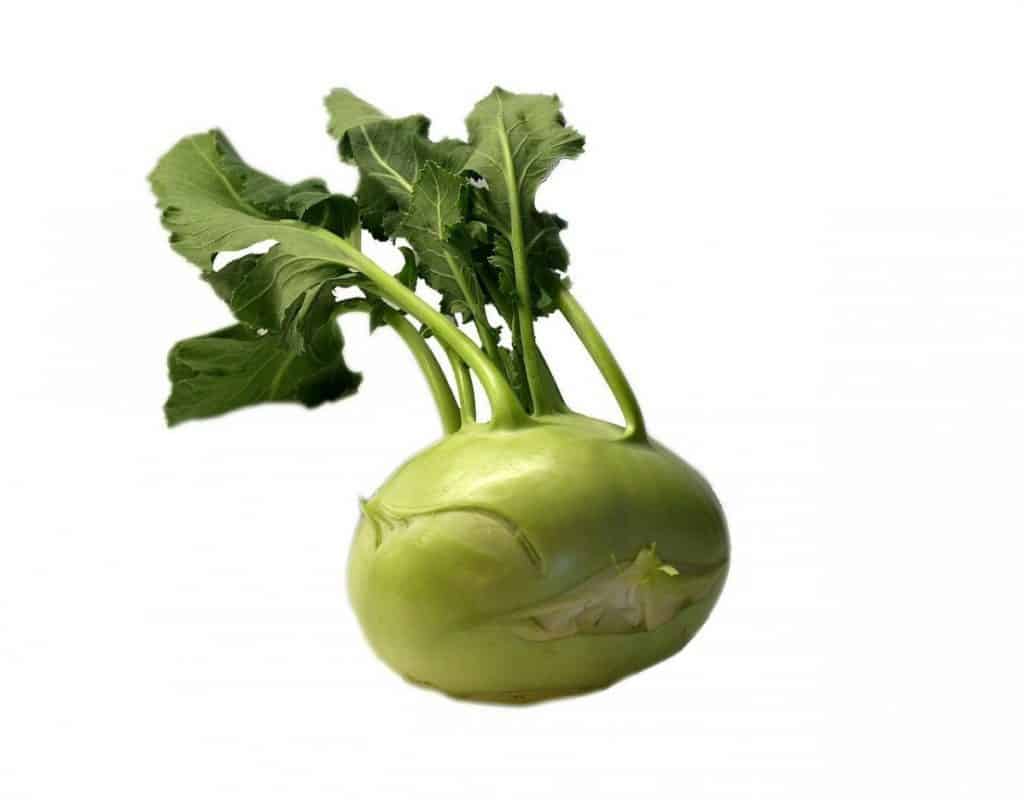
15. Asparagus
Can hedgehogs eat Asparagus? Asparagus can be eaten by hedgehogs and is looked upon favorably by many hedgehog owners. As long as it’s cooked without any addition of oils, seasoning or butter, ideally steamed (could also be boiled) and served in smaller pieces, in moderation at least, asparagus should be fine.
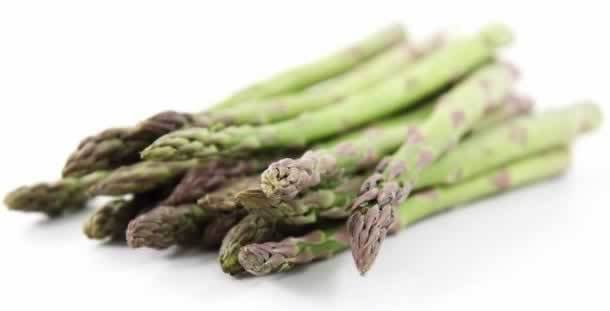
16. Pumpkin
Can hedgehogs eat Pumpkin? Pumpkin can be eaten by hedgehogs. By steaming pumpkins without anything else like seasoning, butter or oils makes it easier for hedgehogs to eat but do make sure the pumpkin pieces have cooled down to room temperatures before giving them to a hedgehog.
Pumpkins are not something we have given our hedgehog but the general consensus seems to be they are safe.
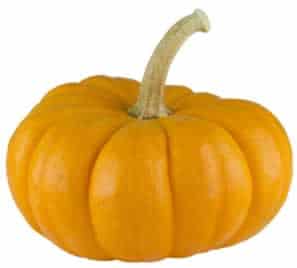
I would also consider giving pumpkin during supervised sessions as the pumpkin can lose its freshness quite quickly becoming moldy.
Can hedgehogs eat Sweet Potatoes?
Hedgehogs should not be given Sweet potatoes as they are not only high in carbohydrates but also high in vitamin A, with the latter requiring careful monitoring as an increasing intake on a regular basis can become toxic and damage their liver.
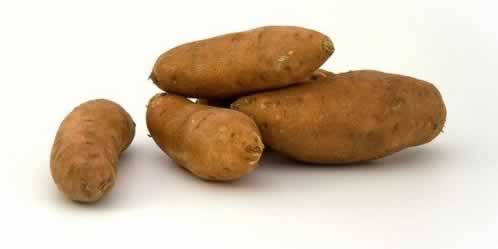
We don’t feed our hedgehog sweet potatoes as we don’t really see any nutritional value from this type of vegetable.
Can hedgehogs eat Peas?
Hedgehogs must not eat peas as they are thought to be dangerous to their health. Peas can upset the calcium phosphorous balance, because of the higher amounts phosphorous they contain.
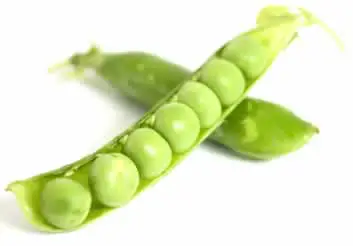
Too much phosphorous results in loss of calcium in the hedgehog’s body and can result in painful bone damage.
Watch out for peas added to hedgehog food, I noticed some varieties of dry cat biscuits contain peas. As dry cat biscuits are the main stay of a hedgehog’s diet, this potentially could introduce a lot of phosphorous into their body and cause more calcium to leech out of their bones and teeth, damaging them in the process.
Can hedgehogs eat Corn?
Hedgehogs cannot eat corn, as corn is quite a hard vegetable and even when it’s cooked, it’s still quite tough. This toughness makes it difficult choice for hedgehogs to chew and digest, leading to digestive problems like indigestion.
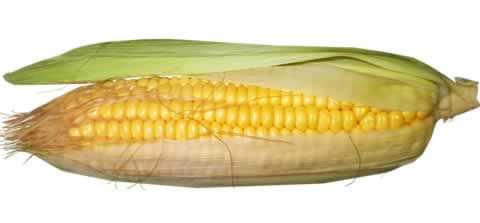
Corn has a higher phosphorous concentration, allowing for leaching of calcium out of a hedgehog’s body resulting in bone damage when corn is ingested on a regular basis.
Corn also has a high carbohydrate concentration and this can lead to spiking the hedgehog blood sugar levels as well as aiding obesity. As hedgehogs can be prone to diabetes, I think it’s wise to stay away from this high carbohydrate food.
Can hedgehogs eat Popcorn?
Unsalted, unsweetened popcorn without butter or other seasonings could be acceptable for hedgehogs to eat but it’s a high carbohydrate food so it should be severely limited in servings to hedgehogs as too much makes this junk food dangerous to a hedgehogs well-being.
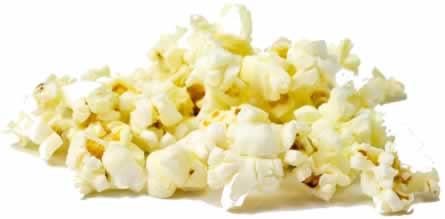
If you decide to occasionally serve this to your hedgehog make absolutely sure there’s no unpopped corn and any kernels/hulls have been removed.
Can hedgehogs eat Onions?
Hedgehogs cannot eat onions as onions can cause gastrointestinal irritation and could lead to red blood cell damage. It’s imperative to avoid onions and seek urgent medical veterinarian advice should your hedgehog accidentally eat onions.
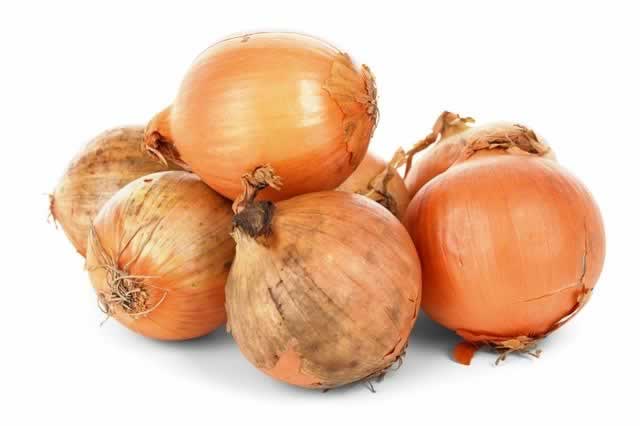
Can hedgehogs eat Celery?
Hedgehogs cannot eat celery, as celery has a high sodium content leading to higher salt content, which isn’t probably good for hedgehogs. Celery also could cause digestive irritation and lead to other serious health problems.
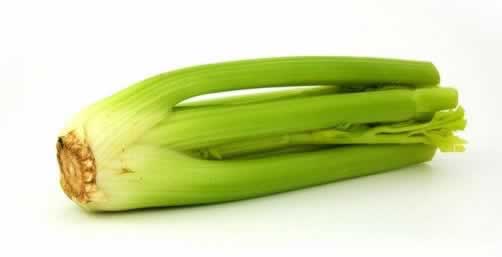
Can hedgehogs eat Garlic?
Hedgehogs cannot eat garlic, as Garlic like onions can cause gastrointestinal irritation and could lead to red blood cell damage. It’s imperative to avoid garlic and seek urgent medical veterinarian advice should your hedgehog accidentally eat garlic.
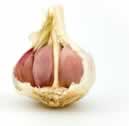
Remember what’s good for us humans might not necessarily be good for hedgehogs and in some cases be actually toxic.
Can hedgehogs eat Potatoes?
Hedgehogs can eat potatoes but potatoes are highly calorific and don’t particularly have any nutritional value for hedgehogs. Regularly giving a hedgehog potatoes could lead to them putting on weight and become obese.
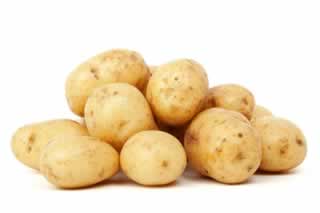
Some owners have professed to feed their hedgehog’s mashed potato but this can be doubly problematic as not only is there a high carbohydrate content but other ingredients such as milk could be used. I think the high calories from the potatoes carbohydrate content could lead to obesity if fed on a regular basis.
Can hedgehogs eat Mushrooms?
Hedgehogs could probably eat some types of mushrooms but not enough information is available about eating mushrooms and how they affect the health of hedgehogs, including which type of mushroom is safe.
My advice would be to steer clear of mushrooms and be safe than sorry.
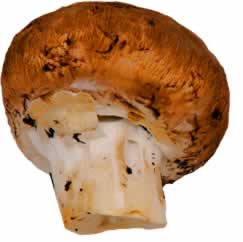
Some people may argue hedgehogs do eat mushrooms in the wild but this may be the case for pet hedgehogs as we don’t know how well they have evolved to eat mushrooms. Feeding wild mushrooms may be an extremely dangerous option as well, as these wild mushrooms may have additional dangerous toxins.
Can hedgehogs eat Tomatoes?
Hedgehogs cannot eat tomatoes, are they are quite acidic and may cause digestive issues. This is the main reason why many owners believe tomatoes to be a bad choice for hedgehogs.
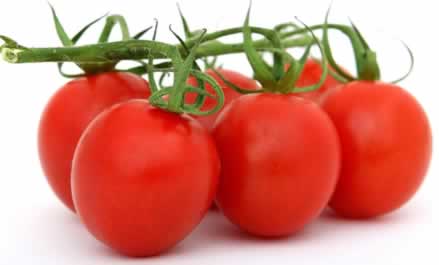
Tomatoes are not really a vegetable but actually more of a fruit. Many owners have stated tomatoes are bad and avoid them. Which is totally understandable as like citrus fruits tomatoes exhibit some of the same characteristics like acidity.
Can hedgehogs eat Grass?
Hedgehogs must not be given grass to eat as it’s not part of their natural diet so they are unlikely to eat grass as they are generally insectivores in the wild and have not evolved to eat grass like plants. They are also highly unlikely to be able to digest grass properly due to their digestive systems not possessing the correct enzymes to break grass down into nutrients.
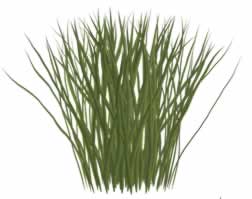
Grass is also troubling in that it can contain pesticides and fertilizer both of which are not good for hedgehogs and can not only cause digestive issues but also could be fatal.
Other vegetables
Other vegetables I have looked at but have found no information about the safety of hedgehog’s eating these include:
- Beetroot;
- Leeks;
- Turnip; and
- Egg Plant (Aubergine).
So my advice is it’s best to avoid these as not enough information about these vegetables is known in the community.
Watch out for hidden vegetables
Vegetables can be hidden in hedgehog food such as dry cat biscuits, so it’s vitally important to make sure any vegetables added to food is safe for hedgehogs and to appreciate any vegetables deemed safe concentrations are observed.
Appreciating the concentration of vegetables in food is important as you do not want to overload the hedgehog’s diet with a particular vegetable which in low concentrations is safe but in high concentrations can become problematic and dangerous to the hedgehog’s well-being.
Starchy or non-starchy vegetables?
Starchy vegetables like carrots contain more carbohydrate than non-starchy vegetables like broccoli, this means eating these starchy vegetables regularly could result in an increase in blood sugar levels.
This can be worrying in hedgehogs as they are prone to diabetes, so starchy vegetables should only be given as treats compared to non-starchy vegetables which can be given more regularly.
Hedgehogs Good vegetable list
I’ve created a vegetable list of what could be given hedgehogs, with the vegetables listed not having caused any issues that I have heard or read about.
It’s important to understand what is good for other hedgehogs may not be good for yours, so when you do introduce any new vegetable or food item, you should do it under the supervision and make absolutely sure it isn’t detrimental to the hedgehog’s health.
For example, if you give your hedgehog small pieces of a vegetable and notice their poop isn’t dried out solid pieces later on but is more diarrhea like then remove the vegetable in question and do not introduce anything else that’s different from their usual diet until their diarrhea has stopped and medical advice from a vet has been sought.
Remember to also take precautions against any choking hazard by trying to cut the vegetable into smaller digestible pieces. Try using organic vegetables, washing the vegetables in just water and if the vegetable requires cooking, then cook it without any oils, butter or seasoning before giving it to hedgehogs.
- Spinach
- Kale
- Broccoli
- Romaine Lettuce
- Cucumber
- Courgettes (Zucchini)
- Swedes
Hedgehogs Bad vegetable list
I’ve created a vegetable list of what we won’t give our hedgehog, with the vegetables listed being what we think is toxic and damaging to the health of not only our hedgehog but any hedgehog.
It’s not a definitive list, there are other vegetables and the concentration of what is deemed as ‘safe’ vegetables also require consideration.
It is highly advisable to seek the advice of your pet’s vet to make sure any vegetable you are thinking of giving your hedgehog is safe.
- Onions
- Garlic
- Tomatoes
- Mushrooms
- Grass
- Celery
High pesticide vegetables
Every year the Environmental Working Group (EWG)[1] releases a list of the fruits and vegetables with the most pesticides. I’ve listed some of the vegetables suitable for hedgehogs in the order they appear on the EWG list below:
- Spinach
- Kale
- Sweet Bell Peppers
- Lettuce
- Cucumbers
- Green Beans
It’s important to try to source organic varieties of these vegetables as the pesticide content should be lower. Whilst washing or peeling might not necessarily get rid of all the pesticides, this may help in reducing the level of pesticides.
Low pesticide vegetables
The Environmental Working Group (EWG)[2] also produce a list of what it considers lower pesticide fruit and vegetables. I’ve listed some of the vegetables suitable for hedgehogs in the order they appear on the EWG list below:
- Asparagus
- Cabbages
- Cauliflower
- Broccoli
Again it’s still wise to try and source an organic variety of these vegetables and wash them thoroughly before serving them.
Conclusion
My daughter spent a lot of time researching what vegetables were good for hedgehogs to eat and what vegetables could be problematic, leading to health issues.
Carrots, cucumber and broccoli are some of the types of vegetables we have given our hedgehog. Other owners also give their hedgehogs leafy greens, peas and green peppers. We take care to make sure the vegetables are served in a safe way.
Related Questions
What fruit can hedgehogs eat? Apples, pears, bananas, blueberries, strawberries and watermelon are some of the types of fruit we have given our hedgehog. We take care to make sure the fruit is served in a safe way.
What foods are safe for hedgehogs? The different foods classed as safe for hedgehogs include certain vegetables, fruits, lean cooked meats (cooked without seasoning or oils) and their staple diet of dry cat biscuits.
Can hedgehogs eat seeds? Seeds can be a choking hazard and could also be a source of high amounts of fat. This makes seeds a bad choice for hedgehogs and it’s best to avoid seeds.
[1]https://www.ewg.org/foodnews/dirty-dozen.php
[2] https://www.ewg.org/foodnews/clean-fifteen.php

